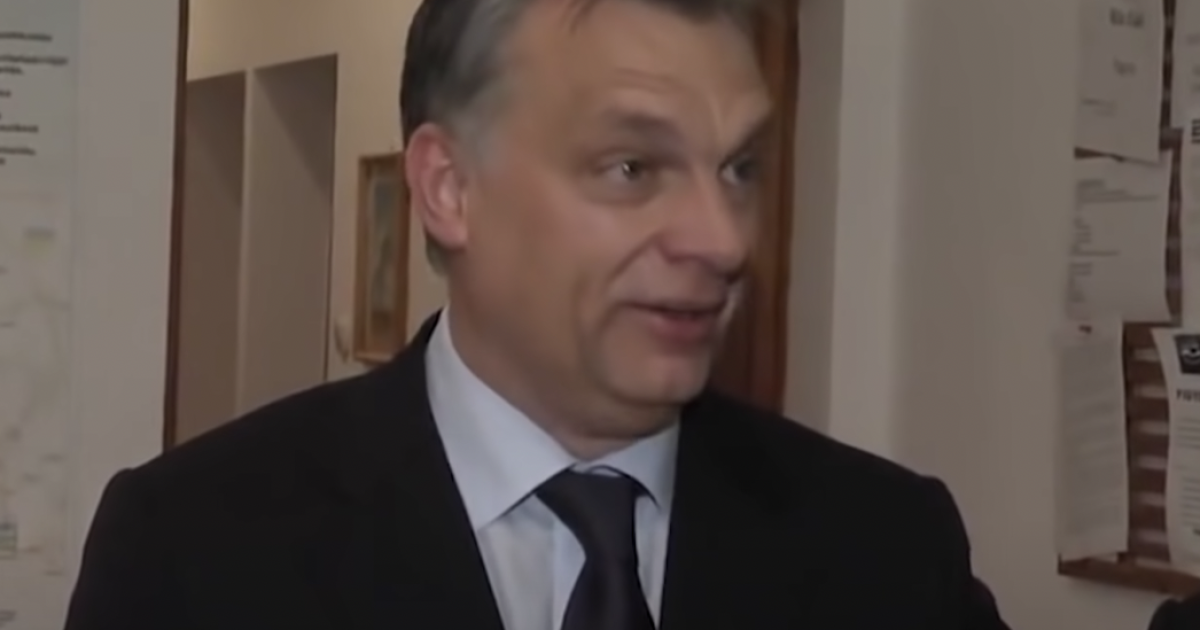
There is no place on this planet that’s free from the liberal internationalist ruling class’ meddling abroad.
Even Hungary, an ostensible member of the European Union and a country that is a parliamentary democracy, is likely going to be the victim of another color revolution. Back during the campaign trail, Joe Biden compared Hungary and Poland to “totalitarian regimes.”
Now, the Hungarian government is concerned that the U.S. may attempt to interfere in its elections following the Biden administration’s decision to not invite it to a summit on democracy.
On November 25, 2021, Foreign Minister Peter Szijjarto said that he believes the U.S. would use the Magnitsky Act to slap sanctions on Hungarian officials before parliamentary elections take place in April.
Szijjarto’s comments came after Hungary was left out of Joe Biden’s Summit for Democracy, which is being held virtually on December 9 to 10.
Hungary’s prime minister Viktor Orbán has been one of the most demonized leaders on the world stage. Orbán is looking to be re-elected for a fourth term in office in the 2022 elections. In 1998, Orbán reached the height of Hungarian politics by kicking off his first-term in office.
Szijjarto claims there would be attempts to interfere in April’s elections and the country has prepared itself for foreign interference.
“We don’t live on the moon. We live in central Europe. Of course there will be attempts,” Szijjarto stated.
“We have already detected preparations … I want to reassure Hungarians that all relevant institutions are doing their jobs to fend off external interference attempts in the elections.”
Szijjarto believes that Hungary’s exclusion from the list of participants for the Summit on Democracy was “disrespectful.” Hungary was the only member of the European Union not to be invited to the summit.
The State Department informed The Financial Times on November 25 that it looks forward to cooperating with governments like Hungary to “address democratic backsliding, advance human rights and defend against corruption.” However, the State Department did not answer the newspaper’s inquiries about implementing the Magnitsky Act.
Under the Magnitsky Act, the U.S. has the power to impose sanctions on foreign nationals for their alleged participation in human rights abuses and acts of corruption. Before Bulgaria’s snap election took place, sanctions were imposed on high-profile Bulgarian nationals. The move was apparently a contributing factor in the defeat of Bulgaria’s former prime minister, Boyko Borisov.
The Biden administration still hasn’t appointed an ambassador to Hungary. Szijjarto contrasted the Biden administration’s chilly relationship with Hungary to the warm relationship Trump had with Hungary.
“Hungarian-American relations were at their peak during the Trump presidency,” Szijjarto declared during a press briefing.
“We have a great deal of respect for the former president, a respect that is mutual. We give the same respect to every elected U.S. president—regardless of what we get in return—but it is clear that those who were on friendly terms with Donald Trump were not invited,” he added.
Hungary is correct in taking proper safeguards against the U.S. government’s potential interference in its electoral affairs. The U.S. is an ideological state that operates under unhinged foreign policy principles. Even supposed allies like Hungary aren’t safe from the U.S.’s regime change projects.



